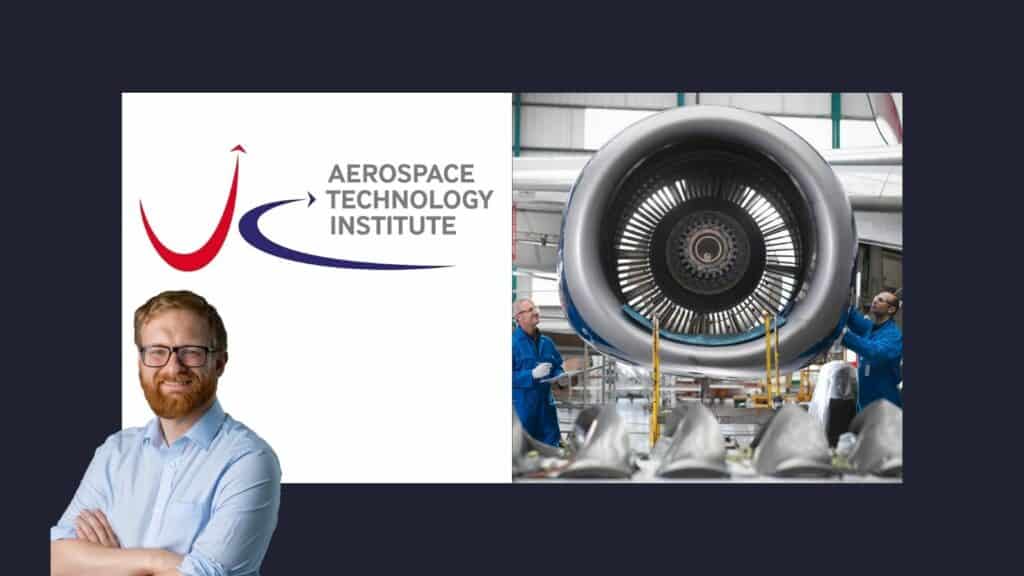Dr Olivia Champion, co founder and CEO of BioSystems Technology (BST), on the rewards and challenges of setting up your own commercial enterprise.
How to start a successful business in academia
02 May 2018
As co founder and CEO of BST my entrepreneurial journey started at the University of Exeter where I worked as a post- doctoral researcher in the infectious disease field for around 8 years. During this time I recognized an opportunity to commercialise some of my research. Lots of mammals such as mice and rabbits are used for research. I’d been using insect larvae (Galleria mellonella) as an alternative to mammals for some of my research and other scientists around the world were also starting to use insect larvae. However, there was no supplier of insect larvae for research purposes and everyone who was using larvae for research had to buy them from pet shops.
I recognized the need for a standardized supplier of Galleria mellonella for several years but hadn’t done anything about it. Eventually an opportunity to explore possibilities for commercializing academic research arose within the University of Exeter, through SETSquared University business incubator. A programme called ICURe, funded by Innovate UK and HefCE, provided some time and money to carry out primary market research, to understand whether the academic research had potential to be commercialized. At the end of the ICURe programme, after talking to nearly 100 potential customers, policy makers and competitors I was pretty convinced that we had a good business case. Using Open Innovation funding from the University of Exeter I was able to conduct the research that underpinned our patent and carry out beta testing of our standardized larvae. Then in November 2015 SETSquared gave me an opportunity to pitch for angel investment at their Investment showcase in London and I secured the seed funding that we required for a lean start up.
Bringing investment into the company triggered my move from academia to work full time for my own company. This was quite a daunting move and also involved a steep learning curve but I haven’t looked back. People sometimes ask me if I miss academia and the research, but since running BST I’ve been involved with multiple research projects. I’ve won grant funding from NC3Rs to work with industry to solve problems in their research pipelines using TruLarv and I’ve won funding from Innovate UK to develop genetic tools for TruLarv.
There are continuous challenges that need to be overcome in the business, not only in the R&D programmes but also ranging from operational to strategic, and with that comes highs and lows. However, along with way I’ve had moments where I’ve realized that I must be doing something right. We gained over fifty customers in the first year, our revenue has doubled in the two years we’ve been trading and we now export to twelve countries. We also run training courses which are becoming increasingly popular. As a result of our early success, in 2016 SETSquared, the global number one University business incubator, selected me as one of their top 50 entrepreneurs in the past 15 years. Also, this year BST won an Exeter Living Technology and Innovation Award, which was a great honour as we were up against some excellent businesses from the Exeter Science Park.
Since starting BST and working as CEO for the company I have been struck by how many men spot business opportunities and just give it a go. I’ve met men of all ages who have the ideas, confidence and drive to try to get their business off the ground and I love chatting with them and hearing about what they’re up to. But it does make me pause for thought and wonder why there are so few women who are doing the same thing. Is it that they’re lacking in ideas, or drive or confidence? I’m not really sure what the underpinning reasons are but I suspect part of it is due to a lack of female role models and mentors in this area. I’m really keen to be a strong role model, not least because I have three children, two of whom are girls. With greater balance in gender and diversity, in both science and business, I hope that when the next generation are making career decisions the presence of visible role models and accessible mentors may open up career paths previously thought to be inaccessible.
Dr Olivia Champion is a molecular microbiologist with over 10 years’ experience developing, applying and commercialising research models, both within academia and the pharmaceutical industry. She has published six book chapters, over twenty research papers which have over 1000 citations and she’s filed two patents from her academic research.
Dr Champion has an extensive industry network, strong technical credentials and is increasingly recognised as a pioneering female CEO/entrepreneur. She also has three children and has developed her career against a background of maternity career breaks and parental responsibility. Olivia is CEO and co founder of University of Exeter spin out company BioSystems Technology and director of STEMM Innovation, a consultancy for entrepreneurism in academia.
Related articles

Dr Christoph Hartmann is Medical Director, MSD in the UK, a CaSE member. In this piece he sets out he would like to see form the new government to support UK life sciences and innovation.

Will Lord is Head of Government Relations at the Aerospace Technology Institute (ATI). In this piece, he sets out the strengths and successes of the UK aerospace sector, as well as the advantages of business-government collaboration.

Joseph Ewing is Head of Policy and Public Affairs at LifeArc, the sponsors of CaSE’s work looking at the needs of business R&D in the UK. In this piece he sets out why the project is needed, and why we should all care about business investment in R&D.

Tamsin Mann, Director of Policy & Communications at PraxisAuril, on the importance of understanding and unlocking the full potential of knowledge exchange.